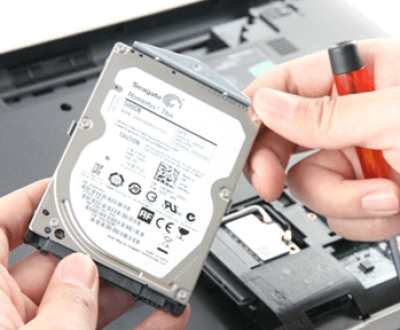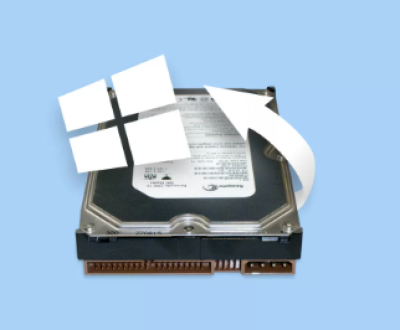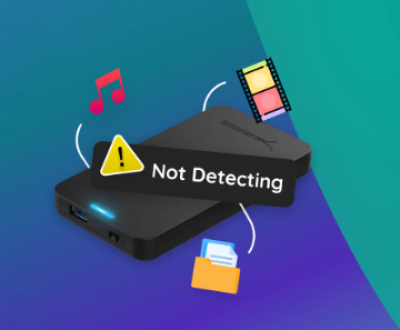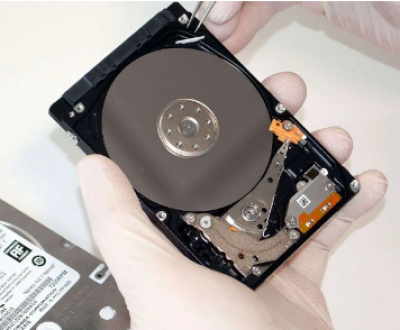Data loss can happen unexpectedly, leading to significant disruptions, especially in a tech-savvy hub like Singapore. Hard disk drives (HDDs) are susceptible to various failures, whether due to mechanical issues, accidental deletion, or system crashes.
Hard Disk Drives
Before diving into recovery processes, it’s essential to understand the different types of hard disk drives:
Hard Disk Drive (HDD): The traditional storage device using spinning disks to read and write data.
Solid State Drive (SSD): A newer technology that uses flash memory to store data, which is generally faster and more reliable but can still experience failures.

Common Causes of Data Loss
Data loss can occur due to several reasons, including:
Mechanical Failure: HDDs contain moving parts that can wear out or fail.
Accidental Deletion: Users may unintentionally delete important files.
Corruption: File system corruption can render data inaccessible.
Viruses and Malware: Malicious software can damage or encrypt files.
Natural Disasters: Floods, fires, and other disasters can physically damage drives.
Data Recovery Process
The data recovery process typically involves several steps:
Assessment: Technicians evaluate the extent of damage and determine recovery options.
Drive Imaging: Creating a bit-by-bit copy of the drive to work on, preserving the original data.
Data Recovery: Using specialized software and tools to retrieve lost files.
Verification: Ensuring the recovered data is intact and usable.
Final Delivery: Providing the recovered data to the client in a secure manner.
Types of Data Recovery Services
In Singapore, various data recovery services cater to different needs:
Logical Data Recovery: For issues like accidental deletion or file corruption.
Physical Data Recovery: For damaged HDDs or SSDs that require specialized equipment.
Emergency Data Recovery: Fast-track recovery for critical situations where time is of the essence.
Remote Data Recovery: Some services offer remote assistance for logical issues.
Choosing the Right Data Recovery Service in Singapore
When selecting a data recovery service, consider the following factors:
Experience and Expertise: Look for companies with a proven track record in data recovery.
Success Rates: Research the success rates of potential providers.
Transparency: A reputable service should provide clear information on the recovery process and pricing.
Customer Reviews: Check online reviews and testimonials for insights into customer satisfaction.
Certification and Clean Rooms: Physical recovery may require a clean room environment to prevent dust contamination.
Cost of Data Recovery
The cost of data recovery services in Singapore can vary widely based on several factors, including:
Type of Recovery: Logical recovery is generally less expensive than physical recovery.
Severity of Damage: More severe issues typically require more time and specialized tools, increasing costs.
Urgency: Emergency services usually come with a premium.
Tips for Preventing Data Loss
To mitigate the risk of data loss, consider these preventive measures:
Regular Backups: Use cloud services or external drives to keep backups of important files.
Anti-Virus Protection: Install reliable antivirus software to prevent malware infections.
Proper Handling: Avoid dropping or exposing drives to extreme temperatures.
Monitor Drive Health: Use diagnostic tools to check for potential drive issues.
About us and this blog
Panda Assistant is built on the latest data recovery algorithms, ensuring that no file is too damaged, too lost, or too corrupted to be recovered.
Request a free quote
We believe that data recovery shouldn’t be a daunting task. That’s why we’ve designed Panda Assistant to be as easy to use as it is powerful. With a few clicks, you can initiate a scan, preview recoverable files, and restore your data all within a matter of minutes.
Subscribe to our newsletter!
More from our blog
See all postsRecent Posts
- How to recover data from portable hard drive 2025-07-10
- How to recover data from a broken hard drive 2025-07-10
- How do i recover files from a formatted hard drive 2025-07-10

 Try lt Free
Try lt Free Recovery success rate of up to
Recovery success rate of up to









